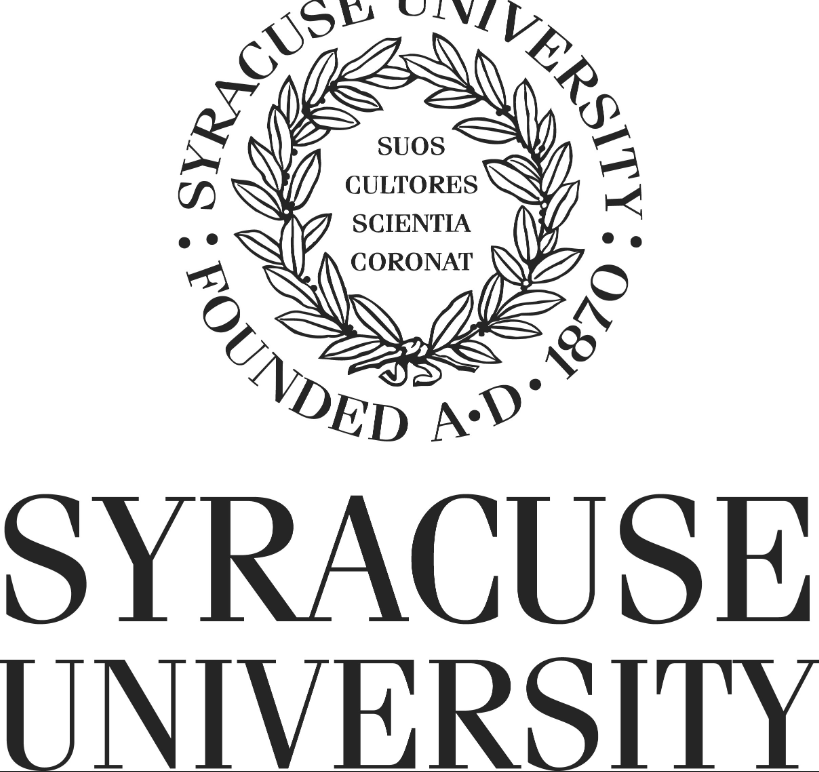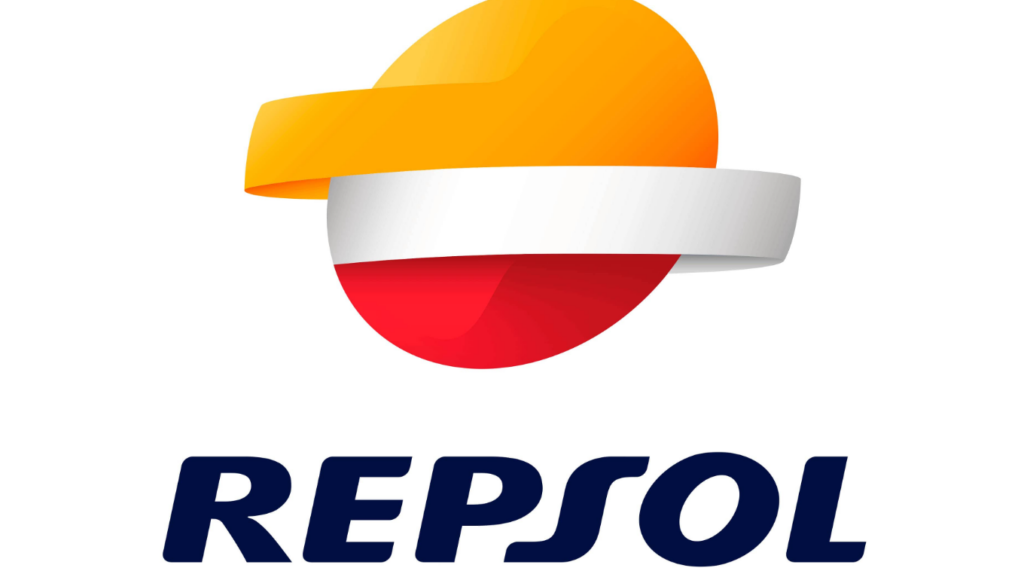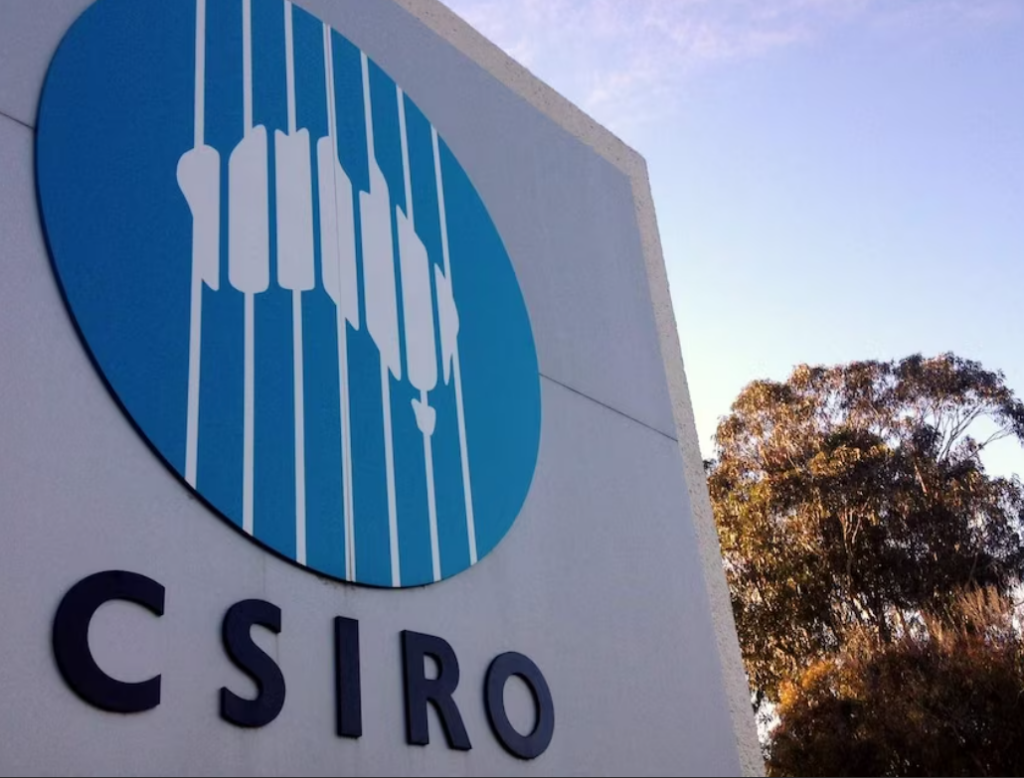What are the careers in quantum computing? What kind of jobs are out there? What degree is needed for quantum computing? These are some of the very questions that everybody is asking, ones The Quantum Insider will try to answer today.
2023 is a very interesting time to be working a job in Quantum Computing (QC) and the wider discipline of Quantum Information Science (QIS) and Quantum Technology in general.
Not as well known and understood as other verticals in the deep tech sector, Quantum Computing has a lot of growing up to do and is still in the teething process, and this is in recruitment, too.
However, that’s a good thing, as it’s not so well defined. According to the Google Quantum AI website careers section, [Google] are always on the lookout for creative research scientists and engineers to help [..] drive this field forward, wherever they happen to be.
Google Quantum AI — like its large competitors on the market like IBM, AWS Braket and Microsoft — is always on the lookout for the brightest and hungriest minds in the STEM fields fresh out of university. They mention always open job positions for:

• Software Engineers
• Hardware Engineer
• Research Scientists
• Internships
These roles, obviously, can be refined to other, more specific subsets within the wider disciplines.
On that note, we will now call attention to eight of the most popular quantum jobs, briefly mentioning the demands of the role and qualifications needed at the entry-level.
Of course, this is just an overview — as there are many different architectures and designs on qubit modality, it wouldn’t have been possible for us to mention them all. This is just a glance as to what quantum computing jobs are out there and what you may need in view of qualifications to get your foot in the quantum door.
Top 8 Quantum Computing Careers & Jobs
1. Quantum Machine Learning Scientist
It is without a doubt that Quantum machine learning (QML) is an exciting field of study, particularly when we’re talking about its applications for quantum computers.
Utilizing hybrid quantum-classical systems is amongst the most promising techniques to show a near-term impact on real-world problems — these techniques can be improved by applying quantum algorithms for supervised and unsupervised learning.
Getting a job as Quantum Machine Learning Scientist, however, almost always requires a Ph.D. in Quantum Physics or Computer Science. Notwithstanding these necessities, a sound knowledge of ML, quantum information and quantum algorithms is also a defining factor as to whether the candidate would be successful in an interview.
Another plus is the candidate’s research and publication history in one of the above areas. Experience in Deep Learning techniques and parameterized quantum circuits (PQC) in performing tasks in classification, regression and generative modelling, will also help expedite the learning curve on the job.
2. Quantum Software Engineer
As a Quantum Software Engineer, your main task will be optimizing the control of the all-important quantum processors. Besides this, your duties also demand the automation of each stage of the design process, such as developing benchmarking code using by way of utilizing proprietary control systems.
Sound knowledge of quantum programming languages is an obvious prerequisite too, with Qiskit, Q#, Q|SI>, Silq, QML, LIQUi|>, Python etc always needed.
Unlike a Quantum Machine Learning “Scientist”, the entry for a Quantum Software Engineer can be a little lower, with a Ph.D. desirable but a Masters’s degree usually being enough for the right candidate in quantum technology or a related field.
3. Qubit Researcher
This job is really niche, as with several qubit modalities already well established within the industry such as superconducting and ion trap-based approaches, finding the best qubit — the basic unit of quantum information — is what the technology is all about.
Without logical qubits, there is no quantum computing — hence the demand for this position over the last few years. And, as the systems grow bigger (qubit number), more specialists in this field will be needed.
Working in close collaboration with technicians and quantum engineers, Qubit Researchers will have to pay close attention to process integration, layout and design of the whole system.
Usually educated to PhD level or equivalent in a Physics, Computer Science or Engineering related discipline or similar equivalent experience, the candidate should have a sound knowledge of all qubit modalities (or, say, qubit design for Superconducting devices if working for a company using that approach, for example), technically competent in quantum computing and quantum information science, and be comfortable with a variety of methods and tools related to working with qubits
4. Quantum Control Researcher
As well as qubits, it’s also important to have high-fidelity quantum gates — this is crucial when it comes to superconducting qubit processors. As qubits act harmoniously, as part of a larger, overall system, controlling and isolating the complexities of these interactions, this is where a Quantum Control Researcher’s job comes in.
A Quantum Control Researcher should understand and possess expertise in the demands of microwave hardware, Hamiltonian modelling, optimal control, and dynamical decoupling.
Based on collaborative work with engineers and other scientific researchers, as well as independent thinking, a Quantum Control Researcher should possess a Ph.D. (or equivalent) in Physics and have experience in quantum control and quantum information.
5. Quantum Error Correction Researcher
The demands of a Quantum Error Correction Researcher are such that they must have excellent knowledge — both in theory and the practical implications — of codes and protocols for the dependable storage, processing and transference of quantum information.
Aside from these requirements, the position calls for efficient methods to be implicated to mitigate decoherence, control errors and other external factors conducive to perfecting a fault-tolerant quantum computer.
As with many of the roles already mentioned, a Quantum Error Correction Researcher needs to have a Ph.D. in Physics, preferably in Quantum Technologies or Quantum Information Theory, proof of high-quality academic work, excellent communication skills and be able to execute work both independently and in collaboration with a research team.
6. Quantum Algorithms Researcher
A Quantum Algorithms Researcher investigates computational problems that quantum phenomena such as randomness and entanglement can help solve. An individual here will research and develop quantum algorithms, design new ones and propose how existing algorithms can be used for current applications to improve outcomes.
A specific strategy in expediating this is by applying, as an example, polynomial-time quantum algorithms to the task, known to be the most powerful way of computation permitted by the laws of physics.
Key requirements in regard to qualifications include a Ph.D. in either Maths, Theoretical Physics, Computer Science or a related field, the ability to collaborate effortlessly and communicate scientific results and concepts to domain experts and non-experts. Besides this, a demonstrated history of publishing scientific papers on quantum algorithms and their design, as well as experience in computer programming, are highly sought after.
7. Quantum Cryogenic Engineer
A Quantum Cryogenic Engineer is required to analyze and develop the tools for keeping the cryogenic systems many quantum computers run on cold.
Unlike classical computer infrastructure that can run at room temperature, quantum computing — especially in the case of superconducting qubits — require extremely low temperatures (~15mK) to operate successfully.
An engineer working in this environment needs to know how a cryogenic dilution refrigerator operates and is designed, be familiar with thermal modelling and have experience with thermometry techniques and low-temperature engineering/thermalization.
For entry into this profession, a potential candidate should possess a BSc degree at the very least in Physics or Engineering, though a Masters’s degree is more desirable.
8. Quantum Microwave Engineers
Operating with a microwave frequency regime, a Quantum Microwave Engineer works on the packaging and microwave hygiene in order to make the high fidelity operations of these devices possible, leading to fault-tolerant quantum hardware. They are also required to develop electrical circuits for quantum computing processors, and have a working knowledge of electromagnetic modelling tools like HFSS, Microwave Office, Sonnet, COMSOL, Ansys Maxwell, and Ansys HFSS, as well as microwave/RF measurement techniques, for example.
Like most other positions mentioned here, a Ph.D. is usual the prerequisite, usually in Electrical Engineering, Physics, or a related engineering field. However, sometimes an MA suffices, and even a BA on some occasions for that highly motivated and exceptional candidate, helped even more if they have proficiency in Python, C, C++, and/or MATLAB, which can give the candidate that competitive advantage at interviews.
This is just a brief overview of some of the positions available in the Quantum Computing industry as of 2023.
Have we missed any out? I’m sure we have. If so, please let us know so we can write more interesting articles in this vein in the future.
If you liked this, then you’ll love Top Quantum Computing Jobs for Non-Scientists and Top Quantum Computing Jobs for Workers in Emerging Quantum Fields written by our very own Matt Swayne.
If you found this article to be informative, you can explore more current quantum news here, exclusives, interviews, and podcasts.




















